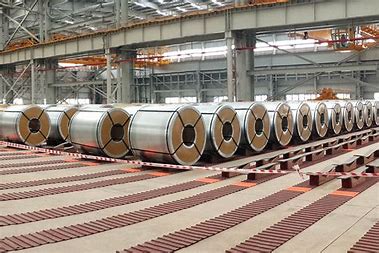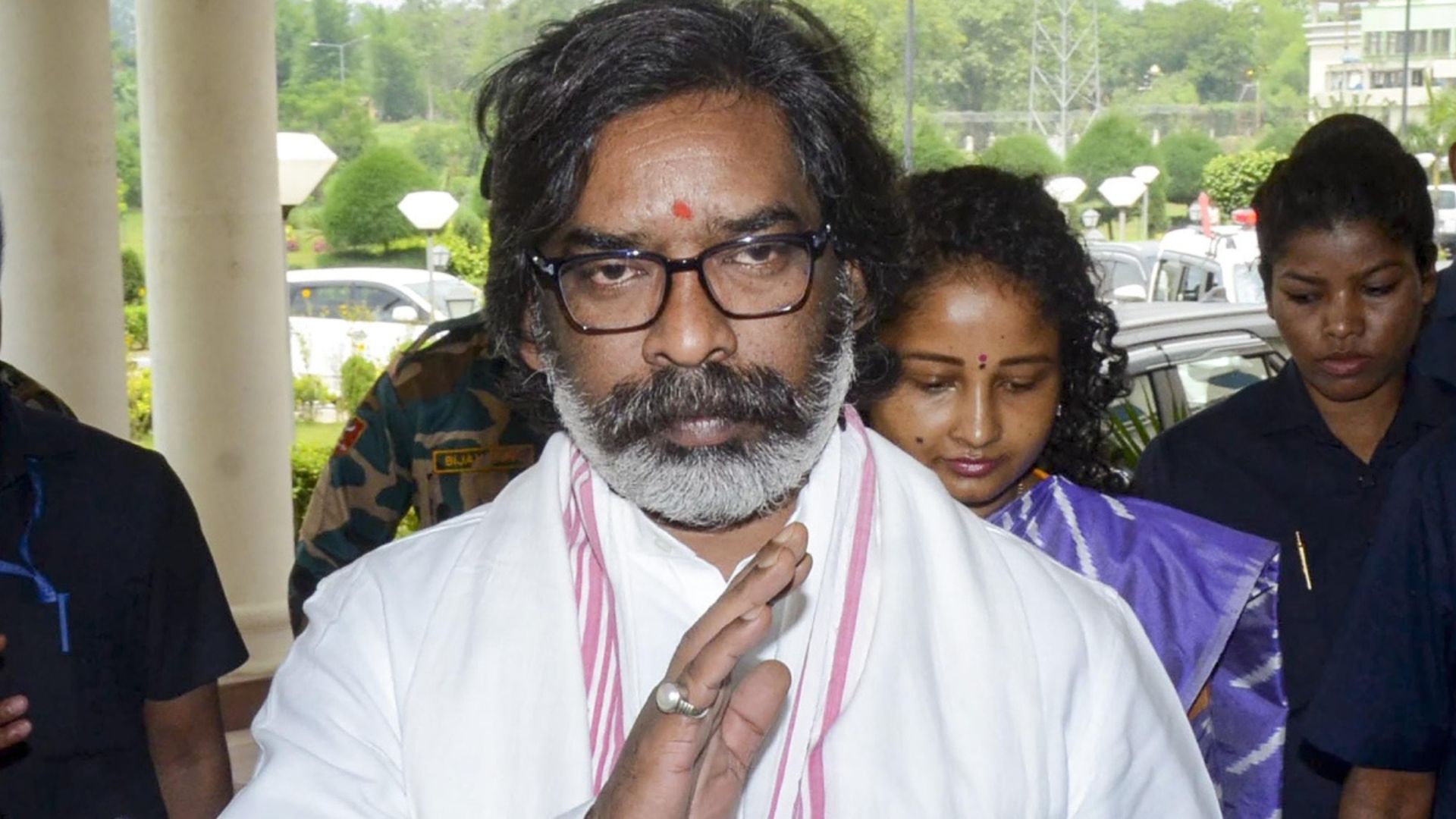
Congress leader Jairam Ramesh on Thursday raised concerns over air pollution after a report which highlighted that it is killing tens of thousands of Indians every year.
In a statement, Ramesh, who is also the party’s general secretary and communication incharge said, “Unchecked air pollution is killing tens of thousands of Indians every year. A new study published in the prestigious global medical journal ‘The Lancet Planetary Health’ shows just how bad this crisis is.
Citing the report, he said that 7.2 per cent of all deaths in India are associated with air pollution – about 34,000 deaths each year in just 10 cities
He said, “Delhi is the worst affected, with 12,000 deaths each year. However, even cities with lower pollution – such as Pune, Chennai, and Hyderabad – witness thousands of deaths.”
The Congress leader also said that the study found that even lower levels of PM 2.5 (particulate matter less than 2.5 micrometres in diameter) pollution can cause many deaths.
Hitting back at the government, he said, “This public health crisis is a direct result of the failures of the non-biological Prime Minister’s government, which has prioritised the profits of the Prime Minister’s friends over the health of India’s people.”
The Congress leader highlighted that since 2017, the Modi government has continuously pushed back the deadline for coal power plants to install pollution-controlling Flue Gas Desulphurisation (FGD) equipment. It has led to thousands of deaths, all for the profit of plant owners.
He also pointed out that skyrocketing prices of Liquefied Petroleum Gas (LPG) cylinders have meant that indoor air pollution has worsened, as families are forced to cook on chulhas instead of cooking gas, the National Clean Air Programme (NCAP), launched in 2019 with typical fanfare, has turned out to be a complete failure.
“More than 50 per cent of NCAP funds were not utilised by the end of 2023. Further, as the recent Lancet study points out, the clean-air targets set by the NCAP are much too low to save lives,” he said, adding that out of 131 cities under NCAP, most do not even have data to track their air pollution. Of 46 cities which have data, only 8 cities have met the NCAP’s low target, while 22 cities actually saw air pollution get worse.
Taking a swipe at the government, Ramesh said, “The Modi government has launched an all-out war on India’s environmental protection norms. The Forest Conservation (Amendment) Act of 2023 stripped protections for much of India’s forests, the Biological Diversity Act and Environmental Protection Acts have been diluted, the Forest Rights Act of 2006 has been weakened, and Environmental Impact Assessment norms have been bypassed.”
He also said that the National Green Tribunal has been made toothless, for the benefit of the PM’s corporate cronies and there are clear steps the government must take moving forward.
He suggested that the goverment should drastically increase the funds made available under the NCAP.
The current budget, inclusive of NCAP funding and the 15th Finance Commission’s grants, is about Rs 10,500 crores, spread across 131 cities. Our cities need at least 10-20 times more funding – NCAP must be made a Rs 25,000 crore program,” he said.
He also said that air pollution norms for coal power plants must be enforced immediately. All power plants must install an FGD by the end of 2024. “The National Green Tribunal’s independence must be restored, and the anti-people environmental law amendments made in the last 10 years must be rolled back. The NCAP must be given legal backing, an enforcement mechanism, and serious data monitoring capacity for every Indian city, beyond the current focus only on “non-attainment” cities,” he said.
He also said that the Air Pollution (Control and Prevention) Act came into being in 1981, and the National Ambient Air Quality Standards (NAAQS) was put into effect in November 2009. However, in the last decade, the public health consequences of air pollution – in both morbidity and mortality – have become all too evident.
“It is now time for a revisit and a total revamp of both the Act and the NAAQS,” he added.















